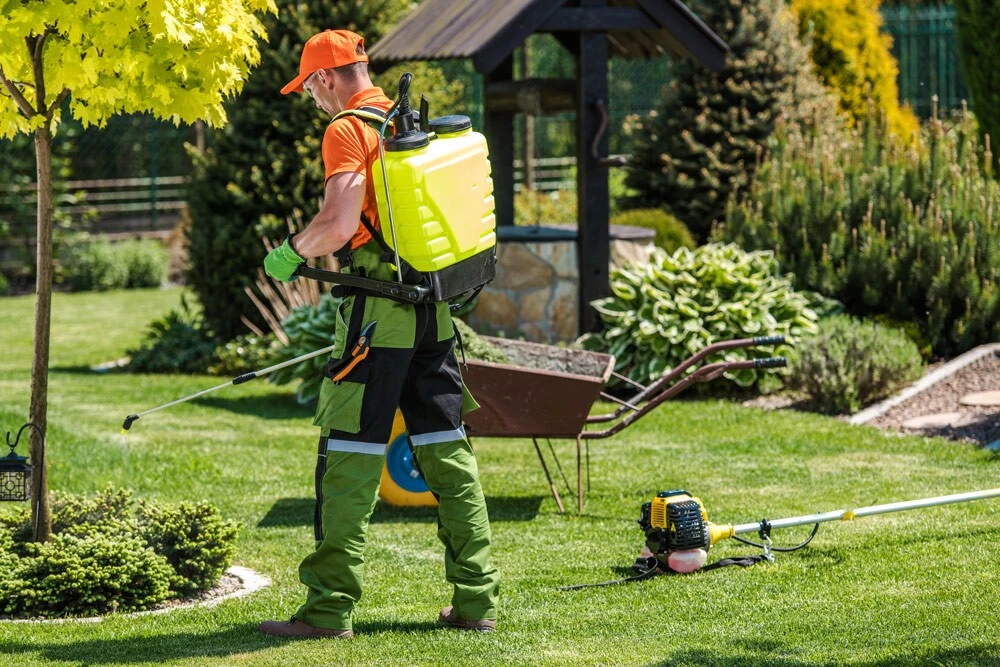The question of whether you can use weed killer in your flower garden is a complex one, fraught with potential pitfalls and requiring careful consideration. While the allure of a quick and easy solution to unwanted vegetation is strong, the indiscriminate nature of many herbicides poses a significant threat to your prized blooms. The decision to employ weed killer should not be taken lightly, and a thorough understanding of the risks and alternatives is essential. Ultimately, the best approach depends on the specific type of weeds you’re battling, the types of flowers you’re growing, and your willingness to invest time and effort in alternative methods.
Understanding the Risks of Weed Killer in Flower Gardens
Using weed killer in a flower garden presents several potential dangers:
- Damage to Desired Plants: Most herbicides are designed to kill a broad spectrum of plants, not just weeds. This means that your flowers are just as vulnerable as the unwanted vegetation;
- Soil Contamination: Herbicides can persist in the soil for extended periods, potentially harming future plantings and even affecting beneficial soil organisms.
- Environmental Impact: Runoff from treated areas can contaminate waterways, harming aquatic life and potentially impacting human health.
- Accidental Exposure: Improper handling or application of weed killer can lead to skin irritation, respiratory problems, or other health issues.
Alternative Weed Control Methods for Flower Gardens
Fortunately, there are several effective alternatives to using weed killer in your flower garden:
- Hand Weeding: This is the most labor-intensive but also the most precise method. Regularly pulling weeds by hand prevents them from establishing and spreading.
- Mulching: Applying a thick layer of mulch (organic or inorganic) smothers weeds, prevents sunlight from reaching their seeds, and helps retain moisture in the soil.
- Hoeing: Using a hoe to cultivate the soil disrupts weed growth and prevents them from competing with your flowers.
- Vinegar Solution: A diluted vinegar solution (acetic acid) can be effective for killing small weeds, but be careful to avoid spraying your flowers.
- Boiling Water: Pouring boiling water directly onto weeds can kill them, but be cautious not to splash it on your desired plants.
Choosing the Right Approach
The best approach to weed control in your flower garden depends on several factors:
- Type of Weeds: Identify the specific types of weeds you’re dealing with. Some weeds are easier to control than others.
- Type of Flowers: Consider the sensitivity of your flowers to herbicides. Some flowers are more tolerant than others.
- Size of the Garden: For small gardens, hand weeding may be the most practical option. For larger gardens, a combination of methods may be necessary.
- Your Time Commitment: Be realistic about how much time you’re willing to dedicate to weed control.
Remember, patience and persistence are key to successful weed control. It may take time to eliminate weeds completely, but with consistent effort, you can maintain a beautiful and healthy flower garden without resorting to harsh chemicals. The middle ground often involves targeted application of natural herbicides, such as those derived from citrus oils, but even these should be used with extreme caution.
FAQ: Weed Killer in Flower Gardens
- Q: Can I use a pre-emergent herbicide in my flower garden?
- A: Pre-emergent herbicides prevent weed seeds from germinating. While they can be effective, they can also prevent flower seeds from germinating. Use with caution and only if you’re not planning to sow new flower seeds.
- Q: What is a selective herbicide?
- A: A selective herbicide targets specific types of weeds while leaving other plants unharmed. However, even selective herbicides can damage flowers if they’re not applied carefully.
- Q: How can I protect my flowers when using weed killer?
- A: Use a shield or barrier to protect your flowers from overspray. Apply the herbicide on a calm day to prevent drift.
Comparative Table: Weed Control Methods
| Method | Effectiveness | Effort Required | Risk to Flowers | Environmental Impact |
|---|---|---|---|---|
| Hand Weeding | High | High | None | None |
| Mulching | Medium | Medium | None | Low |
| Hoeing | Medium | Medium | Low | Low |
| Vinegar Solution | Low-Medium | Medium | Medium | Low |
| Boiling Water | Low-Medium | Medium | Medium | Low |
| Weed Killer | High | Low | High | High |
Ultimately, the decision of whether or not to use weed killer in your flower garden is a personal one. However, given the potential risks and the availability of effective alternatives, it’s often best to err on the side of caution. If you do choose to use weed killer, be sure to follow the instructions carefully and take all necessary precautions to protect your flowers, your health, and the environment.

